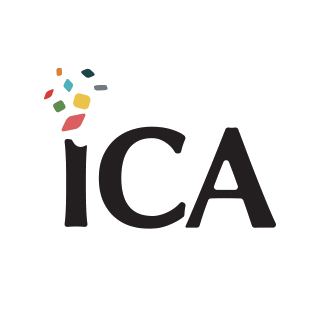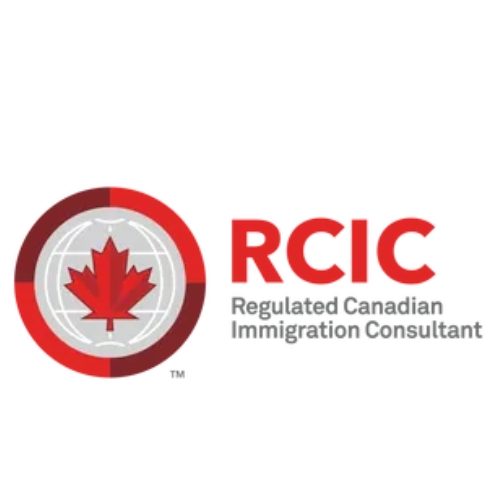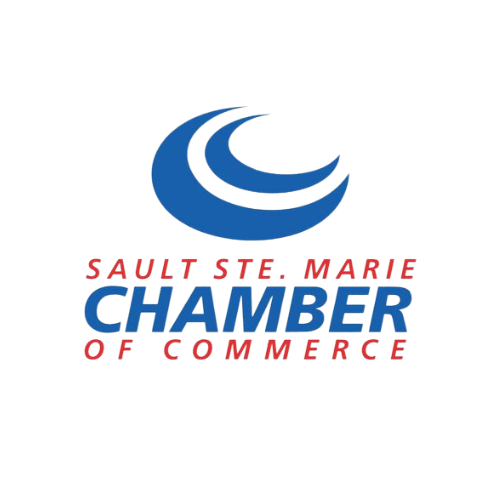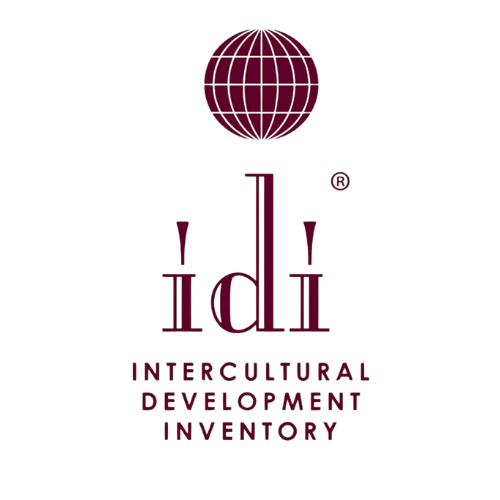ABOUT OUR RCIC
In a few short years, starting in 2019 until now (2024), we have built a suite of services to achieve our mission: provide Canadian companies and newcomers to Canada with high quality and comprehensive immigration and integration services anchored in trust and community. This achievement comes after a lifetime of learning.
Let me share how I got into this work.
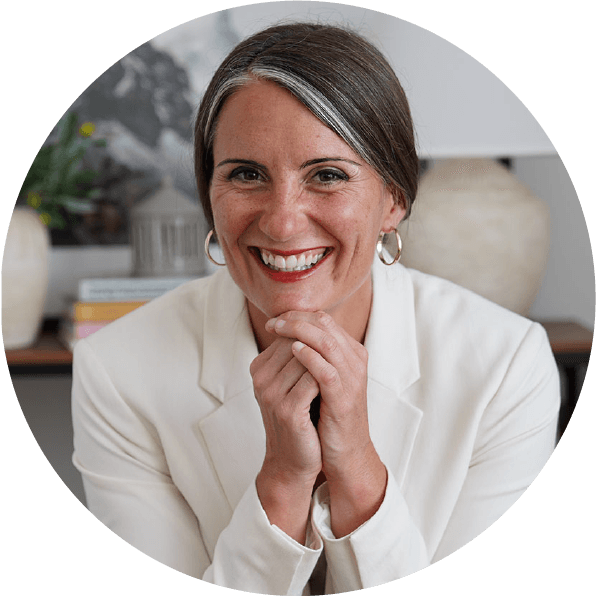
Learning #1 - cultural adaptation is transformative
I saved up my part-time earnings in high school because I was determined to complete my senior year of high school at a Lycee in France. The first few weeks were filled with novel experiences like skiing, concerts and lots of new friends. But after a few months, I started to feel isolated and depressed - I even declined invitations from friends at school. One day I was so overwhelmed with the feeling of not belonging that I was late for class. When I went to the Principal’s office to get permission to enter the class late, he asked me why I was late. I replied in my beginner French that I was “raining”. This harmless vocabulary error caused him to chuckle, and seeing his reaction made me break out into tears.
There were so many of the experiences of adaptation that I was having that I didn’t understand at the time. I felt like a failure because I went back to Canada in distress, earlier than planned. This experience motivated me to understand the cultural adaptation process and inspired me to support others with this as well.
Learning #2 - finding meaningful work takes intentionality
After graduating with an Arts degree in French and English at UBC, I was like many new grads trying to find a meaningful career as a young professional with little professional experience. I recall applying for administrative assistant positions that I wasn’t really interested in, just because I felt like I technically met the minimum requirements for the job. Looking back on that, I’m glad no one hired me for that kind of position because I think I would have been terrible at it! I just didn’t know myself well enough, and I wasn’t sure where my skills would be relevant and where my passion could be harnessed to create the positive change that I wanted to contribute to.
What really interested me was meeting people who were different from me and who taught me things that I would have never otherwise learned about; these conversations expanded my mind and challenged what I knew to be “true” and ‘normal’. I think it was this open-mindedness that convinced the supervisor at the Sault Community Career Centre to hire me for my first professional job. I was very content to work with clients to explore the career finding journey with them because I was going through the same exploration myself. Some of my most meaningful projects were outreaching to Indigenous organizations and supporting newcomers; I could see that the mainstream system didn’t always offer solutions that fit for everyone. It seemed strange to me that employers were often trying to fill positions (an issue that is typical in Canada and exacerbated in rural areas) when there were so many people looking for work.
I did a lot of volunteer work during that phase as well, especially if it had the theme of helping newcomers or international students because I could relate to the struggles of being estranged in a new country and trying to find belonging. At one community forum on the topic of supporting international students, I dared to say publicly that my dream was to work with newcomers. The Chair noted this decisiveness. 6 months later she contacted me to offer me a job recruiting international students; this was the point where I started succeeding at turning my passion into work.
Learning #3 - always be learning
But it wasn’t exactly smooth sailing from there.
I chose to go back to school for a Master degree so I would be more qualified to work at the level where I could affect some positive change to help with cultural adaption. That’s why I chose Adult Learning and Global Change; figuring that everyone benefits when we approach human mobility and equality/equity with a focus on what we all can learn.
Also, I wanted to find some peace in my heart with the idea that working with newcomers in Canada means I’m supporting the ongoing colonization of Turtle Island (part of which, we now call Canada). I grew up with Indigenous people that were like part of my family and have some Indigenous blood, so I seek to support newcomers in a way that honours this important part of culture around here.
As a Master studies student I traveled abroad again, and imagined myself engaging the Indigenous people in research projects. I also proposed working with local organizations to integrate indigenous themes into community newcomer projects. Even with all this good intention, my proposals were refused. The perspective I was missing was the importance of relationship and trust building.
Learning #4 - turn learning into action
I started to focus on building a network of mentors who would model this quality and teach me about this skill. Because one of my mentors supported and believed in me, I landed a job as Director of International Education at a public college where one of my main priorities was to nurture relationships with partners all over the world. To be sure that I was approaching it right, I enrolled in a coaching program where I learned a valuable lesson about how to build trust-based relationships - just be yourself. Simple as that.
One of the things I noticed at the college was that international students were struggling with adapting to Canadian culture and the professors/staff were also struggling to understand how to relate to the students who came with cultural mindsets that were different from the status quo. It was clear that support for cultural adaptation was needed, for everyone. I made this my mantra because I believed in it (still do) so strongly.
Another thing I observed was that international students and immigrants were arriving in Canada with incomplete and/or even incorrect information about Canadian immigration. I wanted to contribute to providing accurate and helpful information so prospective immigrants can make informed decisions for themselves. And, provide This motivated me to open iCA.
Furthermore, I saw that international students and newcomers sometimes struggled to find jobs.
Meanwhile, Canada is trying to attract skilled individuals.
What’s the rub?
We are all in the same place, employers looking for staff and immigrants looking for work. I still believe that one of the main disconnects is related to culturally different ways of relating to each other.
Learning #5 - by embedding your learning in your endeavors, you propel them!
In 2020, I was managing international student recruitment at a public college in Ontario. The pandemic halted international student recruitment and gave me time to reflect on the contributions I was making versus the contributions I wanted to make to bring these groups together, and provide support for the cultural adaptation process at large. I completed my RCIC (Regulated Canadian Immigration Consultant) license and opened iCA under which I could do all the things that are really important to me:
- Recruit international students and workers by giving them comprehensive information that they need to be successful in their immigration and integration
- Help employers to source the talented people they need to grow their business
- Provide career coaching to newcomers that includes a high focus on the importance of self-discovery and networking
- Support organizations and communities going through the transformation process related to diversification of their teams with training, coaching and consulting
Now, with the establishment of the iCA brand (JJ Intercultural Consulting, Intercultural Avec Immigration, and iC Advantage) I have the privilege to provide all of these services in a cooperative team environment where we elevate people with information and support the lifelong learning process.
I’m finding some peace with how my work might contribute to the process of Truth and Reconciliation. It starts in the reflective process of cultural self-identification. From here, we can start understanding how we are different and similar in relation to others so we can find more understanding in our interactions. My hope is that by bringing a focus on intercultural skill development in all areas of iCA’s work, that we contribute to the creation of a critical mass of individuals who are committed to working toward harmonious relationships on Turtle Island.
